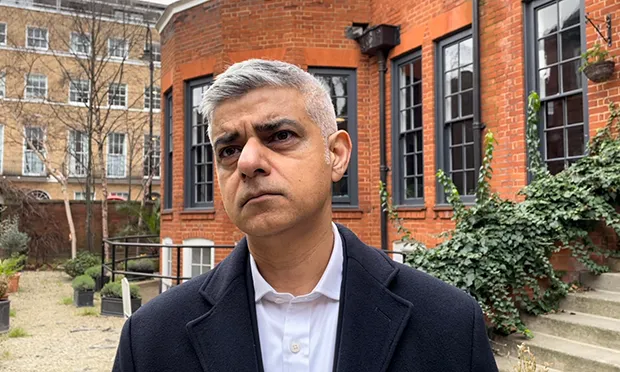A London Assembly member who was the subject of a recent Met Police investigation remains suspended by his party, despite Scotland Yard confirming they will not be taking any further action.
Unmesh Desai, who was re-elected last year as Labour member for the City and East London constituency, had been under investigation from December 19 until January 9.
However, despite the police deciding to take no further action following the investigation, Mr Desai remains under administrative suspension by the Labour party and is therefore still an independent assembly member. Asked why this was, a Labour spokesperson said they could not comment on disciplinary matters.
In a statement issued by Mr Desai’s lawyers on Thursday 9 January, the assembly member said: “I cooperated fully with this police investigation. I answered all of the police questions in interview, maintaining my innocence without any legal advice.
“I have today been informed that police are taking no further action in my case. I have always maintained my faith in our system of justice, and in the Metropolitan Police.
“I have however been saddened that certain media outlets, political bloggers, and users of X, have linked my name to this investigation before I was ever charged with any offence.
“Allegations like this spread like wildfire across the internet. In my case, there were very good reasons for pre-charge privacy. It is not right that my name has been tarnished in this way.”
He has not revealed what the police investigation related to.
Until his suspension from the party, Mr Desai had served as Labour’s spokesman on policing and crime at City Hall. His constituency, which he has represented since 2016, includes the boroughs of Tower Hamlets, Newham, and Barking and Dagenham, as well as the ‘square mile’ of the City of London.
It is understood that, due to Mr Desai’s suspension from the Labour group, Assembly staff will look at whether any changes are required to the membership of City Hall’s various committees, in line with statutory proportionality requirements.





